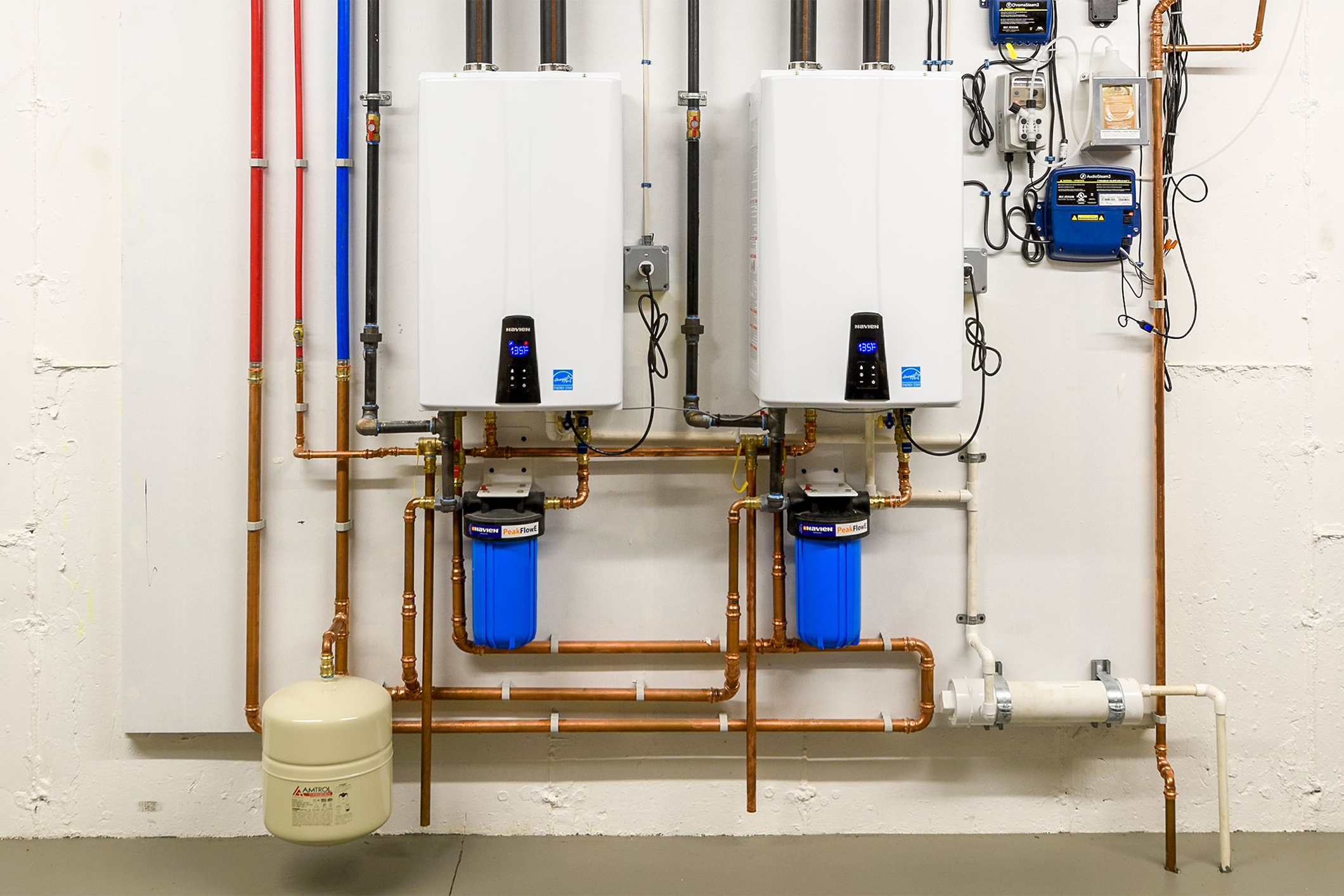When it comes time to replace your water heater, it’s important to carefully consider all your options to ensure you choose the best system for your home. With several different types of water heaters available on the market, each with its own set of advantages and drawbacks, it’s essential to understand the differences between them before making a decision.
Conventional Storage Tank Water Heaters:
The conventional storage tank water heater is one of the most common types of water heater. It consists of a large tank that heats and stores water until it’s needed. These water heaters can be powered by gas, electricity, or oil.
Pros:
- Relatively inexpensive upfront cost.
- Wide range of sizes available to accommodate different household needs.
- Easy to install and maintain.
Cons:
- Limited capacity and can run out of hot water.
- Can be less energy efficient compared to some other types.
- Takes up significant floor space.
Tankless Water Heaters:
Tankless water heaters, also known as on-demand water heaters, heat water directly without the use of a storage tank. When hot water is needed, cold water flows through a heat exchanger and is heated on demand.
Pros:
- Instant and continuous hot water supply.
- Energy-efficient, as they only heat water as needed.
- Longer lifespan compared to traditional storage tank heaters.
Cons:
- Higher upfront cost than conventional water heaters.
- Limited flow rate, especially when multiple fixtures are running simultaneously.
- Installation may require upgrades to gas lines or electrical systems.
Heat Pump Water Heaters:
Heat pump water heaters use electricity to move heat from the air or ground to heat water. They work like a refrigerator in reverse, extracting heat from the surrounding environment to heat the water in the tank.
Pros:
- Highly energy-efficient, reducing electricity bills.
- Low operating costs compared to electric water heaters.
- Can also dehumidify and cool the surrounding air.
Cons:
- Higher upfront cost compared to traditional water heaters.
- Require a specific amount of space and ventilation for optimal operation.
- Less effective in colder climates.
Solar Water Heaters:
Solar water heaters use energy from the sun to heat water. They consist of solar panels that collect and absorb sunlight, which is then used to heat a fluid that transfers heat to the water in the storage tank.
Pros:
- Environmentally friendly and energy-efficient.
- Long lifespan and low operating costs once installed.
- Potential for significant savings on energy bills.
Cons:
- Higher upfront cost and installation complexity.
- Dependence on sunlight, which can be inconsistent.
- Backup heating system may be needed for cloudy days or increased demand.
Condensing Water Heaters:
Condensing water heaters are a type of tankless water heater that uses a secondary heat exchanger to extract more heat from the combustion gases, increasing efficiency.
Pros:
- Higher energy efficiency compared to traditional tankless heaters.
- Lower operating costs and reduced energy consumption.
- Environmentally friendly with lower greenhouse gas emissions.
Cons:
- Higher upfront cost compared to non-condensing models.
- Requires proper sizing and installation for optimal performance.
- Condensate disposal may require additional plumbing considerations.
When replacing a water heater, remember to consider factors such as upfront cost, energy efficiency, space requirements, and maintenance. For more information about water heaters check out our blog post, or get in touch! The professionals at Patriot Plumbing, Heating and Air can help you make the right decision about your water heater.

